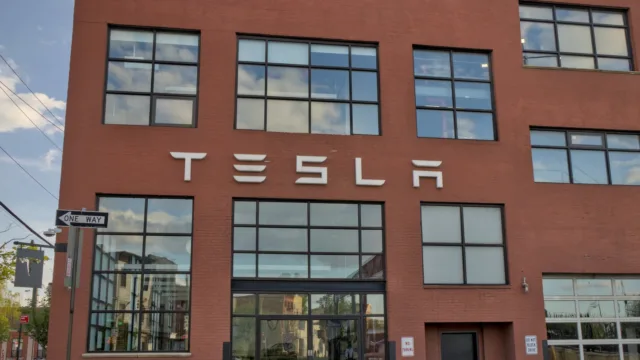Elon Musk and Tesla find themselves in an interesting position after China announced the discovery of a massive new lithium deposit.
According to Unilad Tech, China recently discovered the huge lithium vein in Hunan Province. The vein reportedly contains a projected 540 million tons of lithium ore, which is thought to hold 1.31 million tons of lithium oxide.
On the surface, the discovery could be a win for Musk and Tesla, as well as other electric vehicle manufacturers. A massive vein of lithium like this could help to power the batteries needed for their cars, and with Musk already relying on China for roughly half of his EV production, it gives Tesla an incredible potential resource to draw from going forward.
However, the reality is a bit more complicated than that. President Trump has levied heavy tariffs that affect the import of lithium, lithium batteries, and other materials from China, and relations between the two countries are arguably as tense as they’ve ever been since the 1970s.
While Tesla relies heavily on its Nevada Gigafactory for battery production, it still needs to find places to source and refine its lithium. In terms of finding raw lithium, it has options; Australia, Chile, Argentina, and the United States all produce substantial chunks of the planet’s global supply.
However, China refines 70% of the world’s lithium produced, according to Unilad Tech and other sources. Now, Tesla has decisions to make: Does it rely on its own, less proven facilities to help develop lithium, or does it risk the higher prices likely to come from China in mining and refining the metal it needs?
Regardless of its choice, EVs remain the best way to directly impact and reduce your carbon footprint. And pairing your EV with solar power on your home is the ultimate cheat code to reduce your energy bill and your carbon pollution. EnergySage‘s free tools can help you save on installing those panels on your home, getting quotes from vetted, reliable local installers.
If Tesla makes the right choice, it could pay off in a more affordable source of lithium; if it doesn’t, it could wind up costing itself millions of dollars it didn’t need to spend, or limiting its supply of lithium for their batteries. Ultimately, these costs could be passed on to consumers.
Join our free newsletter for good news and useful tips, and don’t miss this cool list of easy ways to help yourself while helping the planet.









